Would You Like Rahr Technical Services With That?
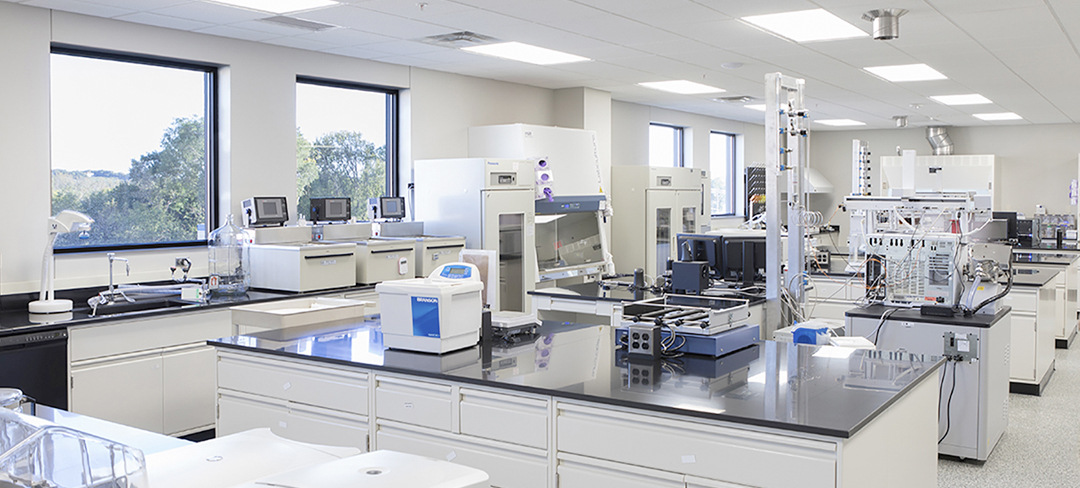
Based at Rahr Corporation’s Official HQ in sunny Shakopee, MN, the Rahr Technical Center & Brewery provides testing and analytical expertise on barley, malt, beer, and other fermented beverages and ingredients. Outfitted with a pilot brewery, a micromalt lab facility, and more, the RTC’s dedicated team of scientists is available to help brewery customers improve their beer and brewing processes.
Emily Del Bel, Manager of R&D Operations and Technical Services, joins us today on the BSG Blog to walk through all the RTC can do for you. Take it away, Emily!

BSG: Hi Emily! Tell us what goes on at the Rahr Technical Center, please.
Emily Del Bel: The Rahr Technical Center is set up for all of the quality and research and development (R&D) operations that Rahr Malting and BSG rely on for barley, malt, and other ingredients. The cool thing is, it’s really easy for breweries to send samples for testing. US customers can add a beer analysis to their normal BSG product order, and we offer a rush turnaround for those who need it.
From ABV testing for homebrewers entering competitions to start-ups dialing things in before scaling up, these laboratory services are available to the beer community and beyond. We’re able to add value to the customers who already come to Rahr and BSG for their product needs, and we see it as an expansion of our partnership with them.
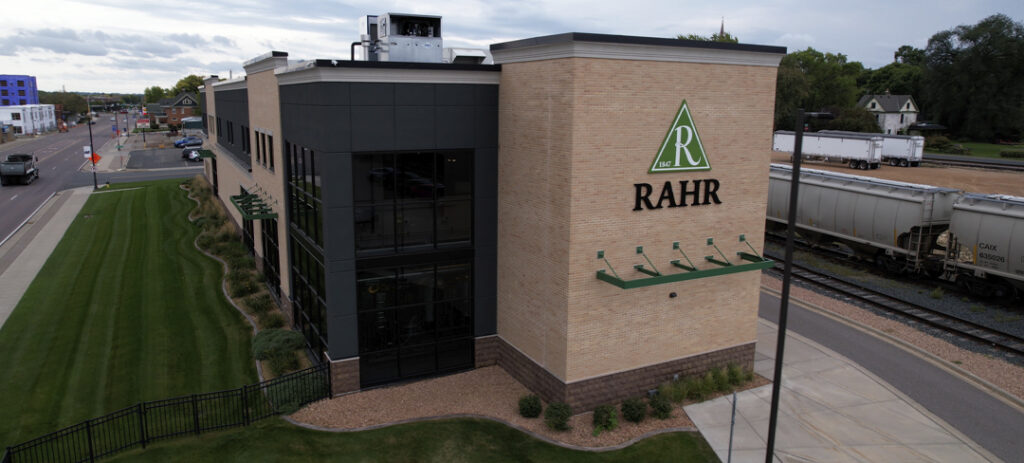
BSG: What are all the different services offered?
Emily Del Bel: We currently offer five different categories of services: Barley analysis, Malt analysis, Beer and Beverage analysis, Micro and Pilot malting, and Custom services.
Our Barley Lab is where we analyze incoming grain samples for Rahr Malting, local farmers, research institutions, and barley breeders. We’ve got an instrument called an NIR that quickly checks protein and moisture content, and a Rapid Visco Analyser that allows us to correlate the viscosity of grain as it’s heated with water to quality parameters like fermentability and sprout damage. The Rahr Maltsters rely on this lab to accurately predict how a grain is going to perform in the malthouse.
The Malt QA/QC Lab is a well-oiled machine, using advanced instrumentation and expert scientists to analyze both physical assessments of malt kernels and chemical analyses of malt extract (wort) on upwards of 100 samples per day. They produce all the information you see on a Rahr Malt certificate of analysis (CoA), and participate in lab-proficiency programs to assess the accuracy and consistency of results. We are proud to offer these services, and of the exceptional level of results they provide every day.
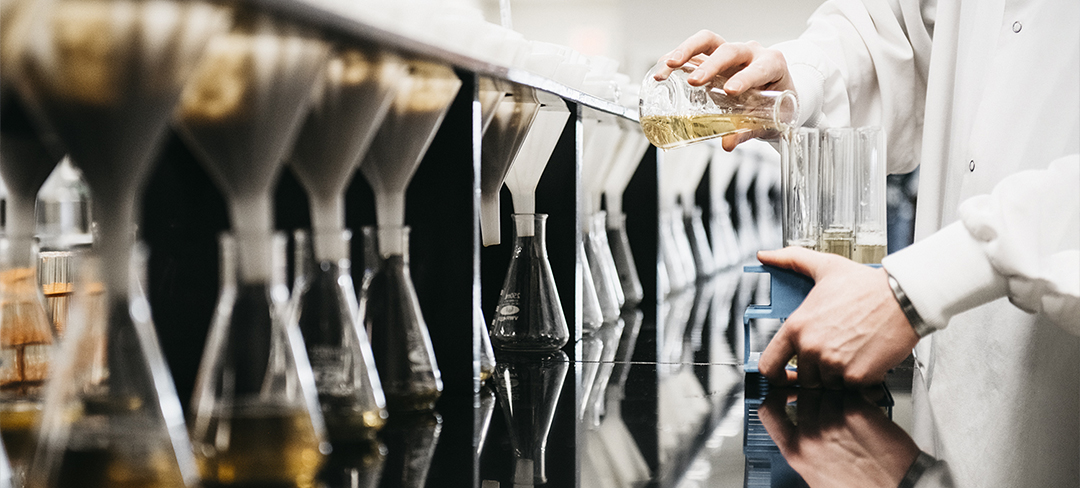
We have a robust Beer Chemistry Lab, plus TTB-certified beer chemists on staff, meaning they are trained and able to accurately analyze beverage alcohol samples. The workhorse of this lab is our Anton-Paar Alcolyzer, which evaluates basic, but important, analytics such as alcohol by weight/alcohol by volume, pH, specific gravity, real degree of fermentation, and more. We just upgraded our Alcolyzer to the version that can accurately measure spirits, and we also have the equipment to test for foam stability, dissolved CO2 and oxygen, and first operation and/or double seam inspection of cans.
Our Micro and Pilot Scale Malting Program serves as a critical step in the scale-up process for our company and supports the development of new malts like Rahr North Star Pils™. This is a great option for evaluating small plots of new varieties, and for our partners with limited availability of specialty grains.
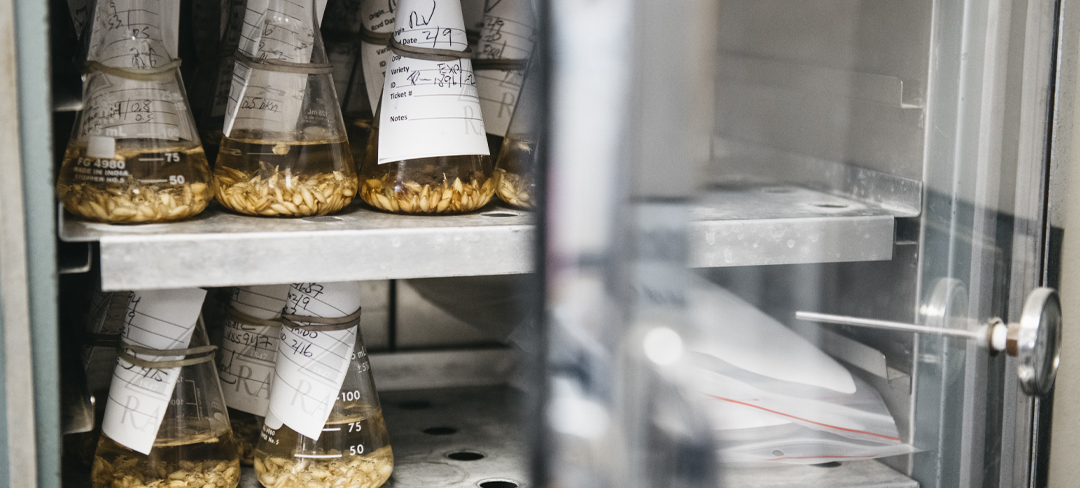
Custom Analysis happens in the R&D lab, where we have a CDR Beer Lab and a rAPID-T System, both of which expand our ability to measure total sulfur dioxide and total polyphenols. We also rely on one of our GCs to measure vicinal diketones, or VDK, to track fermentation and off-flavors, and we have a few spectrophotometers that we use to measure beer color and bitterness. Some of the more specialized instruments, such as the HPLC that we use to analyze carbohydrates, are meant to support our internal customers like Rahr Malting and BSG but are available for customers who request custom analysis.
The Brewery is probably the most unique part of the custom services offerings. We have a fully licensed pilot brewery that can replicate your brewery’s process on a small scale. The Rahr Eagle Brewery, named after the original Rahr family brewery, has a 3HL/2.5-barrel brewhouse, 28 fermentation vessels, and a wide array of filtering capabilities, including a high-speed centrifuge. The small-scale canning line and batch pasteurizer enable us to test the beverages produced for scale-up and ingredient validation projects for microbiological, sensory, and shelf-life evaluation at the RTC as well.
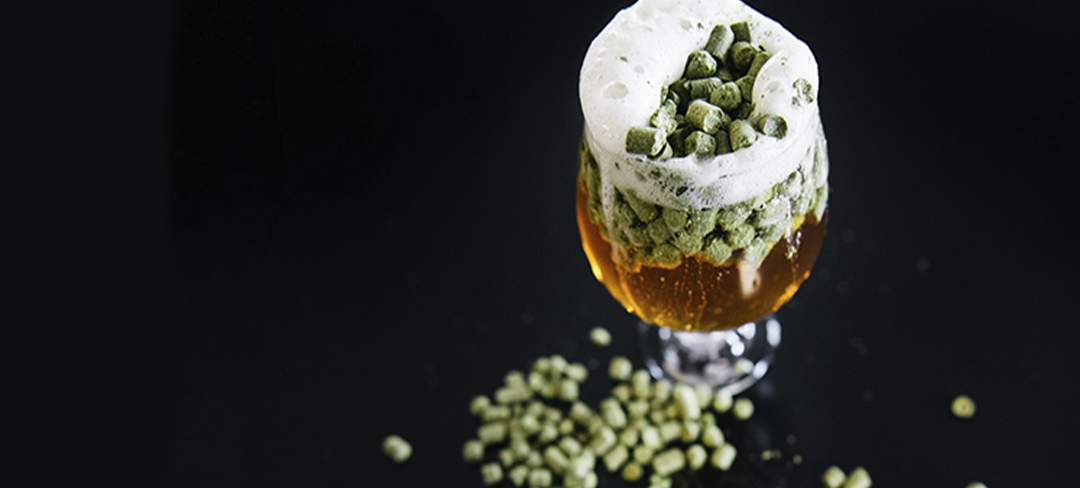
BSG: Why should quality control matter to the local brewery and taproom?
Emily: Quality control and quality assurance are not the sexiest parts of brewing, but they could be the most important.
Let’s look at it this way: How do you know if you’re going to be able to make the same beer twice? That’s quality assurance. Tracking things like color, bitterness, ABV, and VDK allows customers to know and trust what they are getting (consistency!). This also allows you and your staff to have confidence in the beer you are putting into the marketplace.
No brewery wants to have to react when something goes askew (remember the exploding fruit beer cans a while ago?). It’s much cheaper to deal with the up-front costs of preventing quality issues. A brewery’s brand is a long-term investment, and a quality program is an insurance policy to help protect that investment.

But QA/QC labs don’t come cheap. The capital expenditures needed to purchase, staff, and operate equipment may be out of reach for some brewers. That’s where the RTC comes in. We have the instruments, the people, and the time to run these tests to assure brewers that the alcohol percentage on the label is accurate, that the SO2 levels aren’t too high in their seltzer, and that the bitterness of that new IPA is the same from batch to batch. We’re also here to help breweries with their own labs to double-check internal results, solve problems, and assist in the up-front development of new products.
BSG: Thanks for joining us on the blog, Emily!
Whether you’re scaling up a high-ABV brew, dialing in the appropriate level of haze, or testing malt of an unknown quality and age, the RTC is standing by to help.